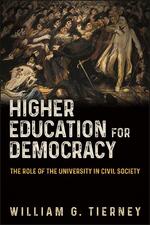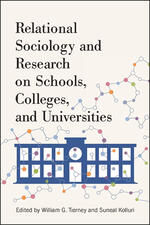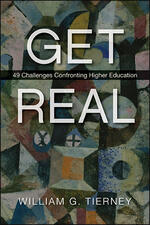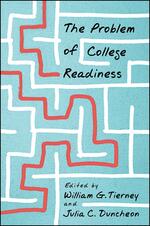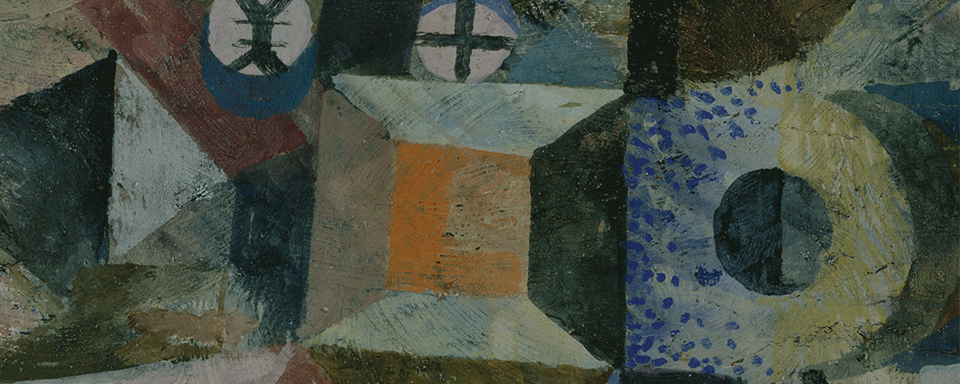
The Challenges Facing Higher Education
Guest Post by William G. Tierney (SUNY Press Author)
Higher education always seems to be in crisis. The federal government, state governments, foundations, associations, and the occasional scornful scholar tend to lament one or another problem that plagues America’s colleges and universities. The most apocalyptic of tracts claim that the U.S. is a “Nation at Risk,” that our students’ minds have been closed, or that radical faculty have run-a-muck and are brainwashing America’s youth. Provoking thoughtful conversations about such critical issues requires more than stoking the flames of controversy; it requires thinking through a potpourri of issues such as assaults on free speech and the failure of shared governance.
The debate about “critical race theory” (CRT) is the current hot-button issue that provokes more heat than light. Some legislatures and boards of trustees have said that such controversial topics have no place on our campuses, or in our classrooms. Unfortunately, those who propose to ban critical race theory, and even some who support it, largely have no understanding of what the theory is supposed to do. Instead, they think of CRT as a 21st century version of indoctrination.
I disagree that because a theory is controversial we must not teach or discuss it on our campuses. Lively discussions in classrooms and on campus should animate respectful group conversations and thoughtful individual reflection.
Critical race theory, for example, is a theory about society. Marxism, capitalism, and socialism are also theories about how societies function. Such theories help individuals think through how and why groups and nation-states function. Theories such as capitalism and critical race theory outline systemic understandings of human behavior. Theories reject the notion that society is little more than a collection of individuals who act in helter-skelter fashion, and instead try to make sense of why people do what they do.
American higher education has a long-standing tradition that the faculty on a campus decide what and how to teach. The assumption is that experts in a particular domain of knowledge have a better understanding of what is and is not valid pedagogy. When boards of trustees, much less state legislatures, get involved in defining knowledge the college campus gets reduced to a political football. Just as the teaching of evolution was heated a century ago, critical race theory is controversial today.
The best way to resolve such controversies is by way of a thorough discussion about the issue. My purpose in writing Get Real: 49 Challenges for Higher Education is to provoke a thoughtful conversation about controversial topics facing American higher education. My goal is neither to convince the reader about a particular point, nor to offer a definitive argument from one perspective or another. These are essays intended to elicit questions and reflection on the part of the reader.
We are at a crucial moment in the country about how to determine what a ‘fact’ is and how we determine the nature of reality. Rather than ceding such decisions to legislatures, boards, or even the faculty, we ought to have campuses that welcome difficult conversations rather than ban them or try to side-step them. This book is a way to inform the reader about the many topics facing higher education so that they may participate in the conversation and come to their own conclusions.
William G. Tierney is University Professor Emeritus and Founding Director of the Pullias Center for Higher Education at the University of Southern California. His many books include Higher Education for Democracy: The Role of the University in Civil Society; Get Real: 49 Challenges Confronting Higher Education; Relational Sociology and Research on Schools, Colleges, and Universities (coedited with Suneal Kolluri); and The Problem of College Readiness (coedited with Julia C. Duncheon), all published by SUNY Press.
